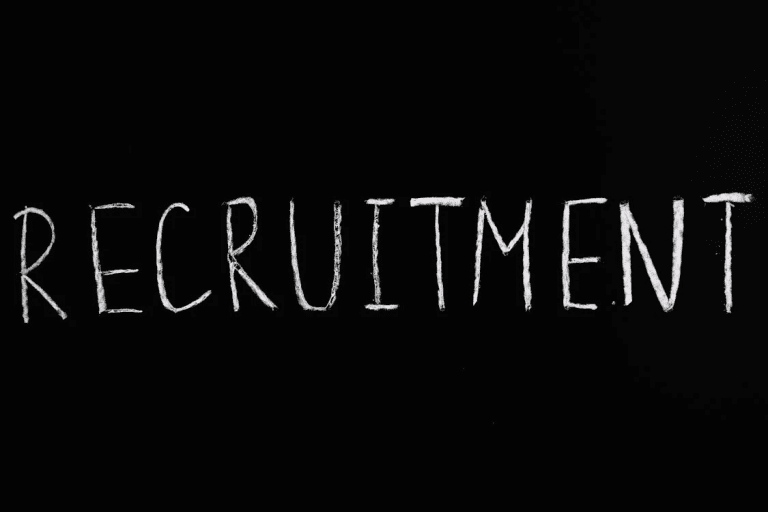In the case of Moloi vs Quthing Construction and Developers CK (2007, 8 BALR 720) the accused was given a final warning after he had been repeatedly late for work and had displayed a ‘negative attitude’.When he refused to sign for receipt of the warning the employer felt that this was the last straw and decided to dismiss the employee for his negative attitude. The CCMA found that the dismissal was unfair because the employer had failed to give the employee a hearing to answer to the charge of refusing to sign for receipt of the warning and also found that refusal to sign such a document does not merit a dismissible offence.
Employers should learn the following from this case:
It is very risky to charge and/or dismiss an employee for something as nebulous as ‘negative attitude’. Rather, the charge should relate directly to something specific that the employee did that he/she was not supposed to or to something he/she was supposed to do that he/she failed to do. For example, it is better to charge the employee for late coming than for negative attitude if the employer believes that the negative attitude is causing the late coming.
Where an employee refuses to sign a written warning or other document served on him/her by the employer it is not safe to discipline the employee for such refusal. In my view, no person is compelled to sign any document should he/she not wish to do so. Therefore, such a refusal would constitute neither insubordination nor a negative attitude nor disrespect nor defiance. As stated by the arbitrator in the Quthing case cited above the employer, when faced with the employee’s refusal to sign for receipt need only get a third party to sign as witness that the employee has been given the document in question or that the employer has attempted to give the document to the employee and the employee refused to take it.
In Fourie vs Sabre Footwear (Pty) Ltd (2007, 8 BALR 700) the employee was dismissed for having sexually harassed a colleague. Although the degree and nature of this incident of sexual harassment was very serious the CCMA found that the dismissal was too harsh because it was an isolated incident and was unlikely to be repeated. In the light of the seriousness of this offence and in view of the heavy laws protecting employees from sexual harassment this finding appears somewhat surprising. However, it should be kept in mind that the policy of employer in this case provided for counselling for a first offence of sexual harassment. Nevertheless, no employer should be expected to adhere to such a policy in a case of serious sexual harassment.
In NUFAWSA obo Munjanja vs Peter Osborn Furniture cc (2007, 3 BALR 231) the employee was dismissed after taking his colleague’s cell phone used for business purposes. The arbitrator found that dismissal was too harsh a sanction in this case because the charge had been “unauthorised possession” of the cell phone and had not alleged that the employee had been dishonest. Also, the employer had failed to bring any evidence to show that the relationship of trust had been destroyed.
In Sasol Nitro v National Bargaining Council for the Chemical Industry and others [2017] 9 BLLR 883 (LAC) the employee was dismissed for storing pornographic material on the employer’s computer. The bargaining council arbitrator found the dismissal to be too harsh and unfair because he had not viewed the material during working hours, because a charge of dishonesty had not been proven and because his long and unblemished service had not been taken into account. The Court upheld the arbitrator’s award ordering the employee’s re-employment and dismissed the employer’s appeal with costs.
The general lesson to be learned by employers from the above cases is that arriving at a sanction that is going to satisfy the CCMA or bargaining council is extremely difficult. The surprising arbitration findings outlined above are only but a few amongst many astonishing findings recorded in case law.
The question that employers will ask themselves on being made aware of this problem is: ‘How do I decide on a penalty that is effective and fair to the employer, but at the same time avoids the ire of the CCMA or bargaining council?’ Solving this problem requires the highest level of labour law expertise necessary to access, understand and apply labour law case decisions to the case at hand.
Ivan Israelstam is the Chief Executive of Labour Law Management Consulting, www.labourlawadvice.co.za. To view Labour Law Management Consulting’s Q & A page, please click here.

























